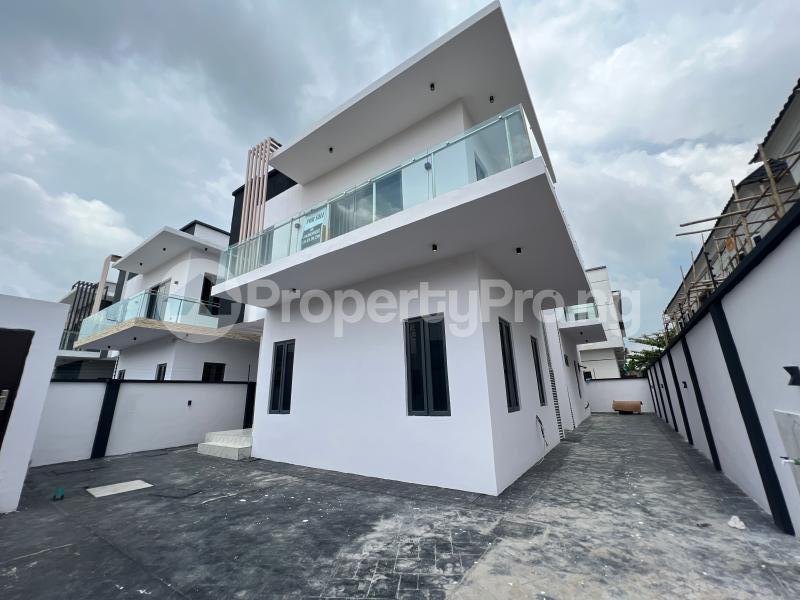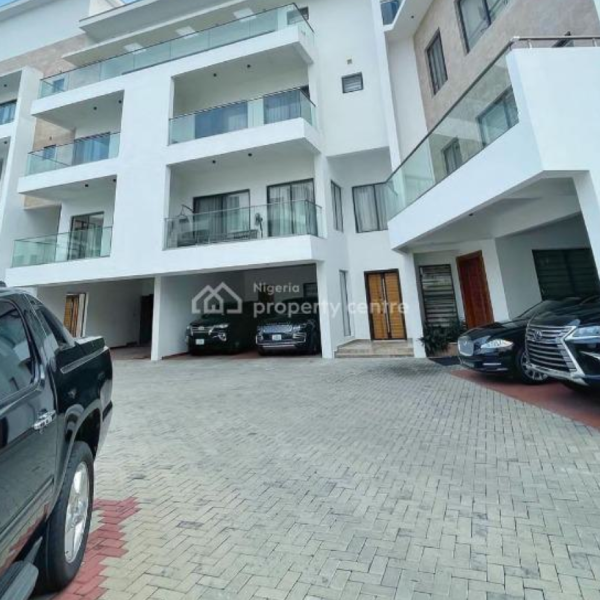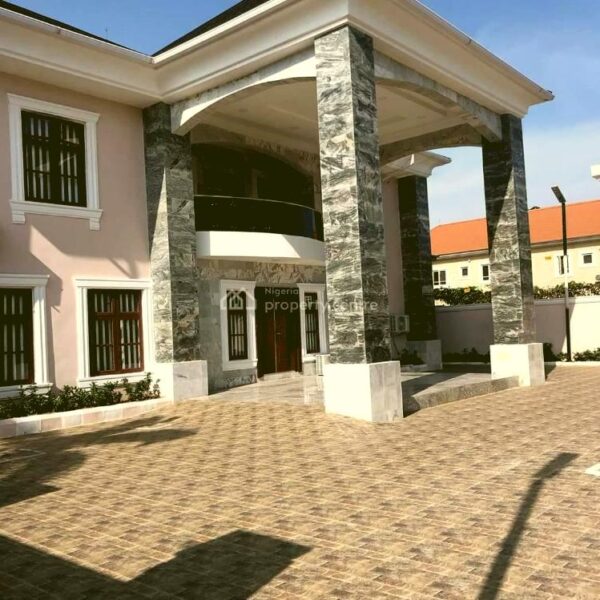Navigating the prerequisites for securing a mortgage loan in Nigeria can often prove bewildering for consumers due to the intricacies of the real estate market. To demystify these requirements, this article comprehensively delineates the necessary documentation and essential aspects a prospective customer must grasp to obtain a mortgage loan in Nigeria.
Outlined within are:
- Eligibility criteria for a mortgage loan
- Documents imperative for acquiring a mortgage loan
- Other critical information pertinent to mortgage loan qualification
- Understanding Mortgage Loans:
A mortgage loan constitutes a long-term financial arrangement utilized for procuring or enhancing real estate properties encompassing residences, land, estates, office buildings, shopping complexes, and hotels, among other assets.
Typically, mortgage loans are secured against the financed property. Consequently, failure to repay the loan may result in the lender seizing the financed property.
Eligibility Criteria for Mortgage Loans in Nigeria:
Due to the diverse nature of real estate financing, various lenders in Nigeria maintain differing eligibility conditions for distinct types of borrowers, depending on the property being financed. Housing programs such as the National Housing Fund (NHF) and the Federal Mortgage Bank of Nigeria (FMBN) may influence these conditions.
However, certain general prerequisites must be fulfilled irrespective of loan size, including:
- Age requirements
- Income criteria
- Credit history
- Down payment
- Insurance
- Legal documentation
- Age Requirements:
To qualify for loans, borrowers in Nigeria typically need to be at least 18 years old. Nonetheless, lenders often prefer borrowers above 21 years due to the financial maturity implied by age. Generally, borrowers should ideally fall within the age bracket of 21 to 60, but adjustments may be made based on financial circumstances.
Income Criteria:
Stable income is crucial for mortgage eligibility, demonstrating the capacity to manage monthly repayments. Applicants must furnish evidence, such as bank statements or pay slips, proving their financial stability over a minimum of two years.
Credit History:
A credit history indicating repayment capability is essential. Lenders assess credit scores, preferring applicants with scores of at least 650 out of 850. Lower scores may still secure loans but might result in higher rates and larger down payments.
Down Payment:
Most lenders in Nigeria require down payments ranging from 10% to 30% of the property’s total cost. The inability to make this payment may render borrowers ineligible, although larger down payments can secure larger loans with lower monthly installments.
Insurance:
Property insurance is mandatory to protect the property, borrower, and lender against potential losses due to damage or unforeseen incidents.
Property Valuation:
Lenders necessitate accurate property appraisals to determine loan amounts, a prerequisite for mortgage loan approval.
Legal Documentation:
Borrowers must furnish legal documents affirming property ownership, including title deeds, survey plans, building plans, etc., ensuring no disputes exist.
Additionally, gathering crucial documents beyond meeting eligibility criteria is pivotal for approval:
- Personal identification papers
- Income proof
- Employment verification
- Credit reports
- Property-related documents
- Insurance policies
- Understanding these mortgage requirements demystifies the process, ensuring thorough preparation and compliance.






